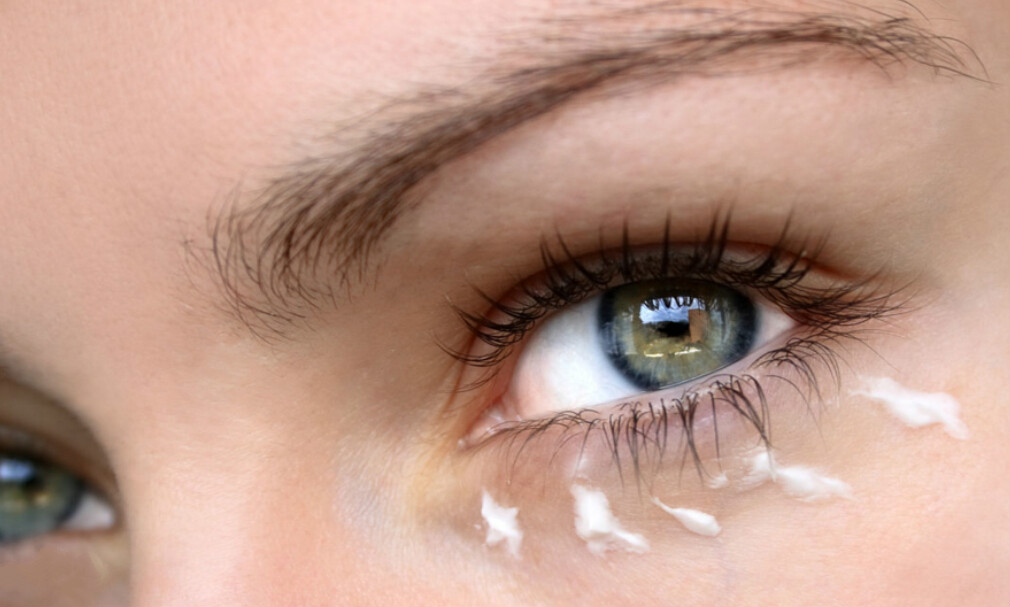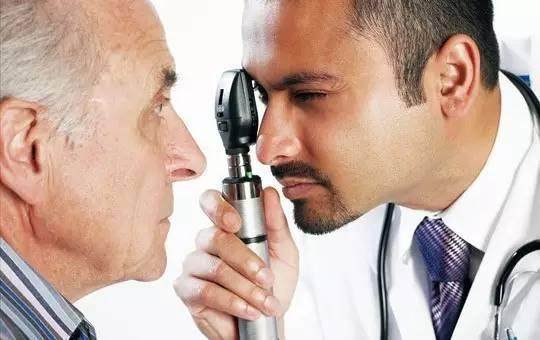What Does Hyaluronic Acid Do to Your Eye?
The eyes are the most sensitive part of our body, as is the skin around them. Mostly, it is easier to keep your face clean and fresh, but treating wrinkles and dark circles under the eyes is definitely a challenge. Your eyes require a very specific set of circumstances to operate at optimal capacity. For example, they need to be lubricated all the time to be able to turn around quickly and efficiently.
How hyaluronic acid benefits our eyes?
Effective Hyaluronic Acid Rich Eye Cream
You cannot get the best results by just using face or skin moisturizers and creams. This makes it important to choose wisely between different brands and qualities of eye creams available in the market. Of course, this choice depends more on your skin type and the problem you are facing, but hyaluronic acid, being a natural ingredient, is useful in almost every case. So, whenever it comes to buying an eye cream, make sure you check HA is in the ingredient list.
Although eye cream is mostly used to remove wrinkles and dark spots moisturizing that area is important to maintain skin health. This hydration is due to water in the cream, but hyaluronic acid is more effective here. HA molecules can absorb up to 1000 times more mass of water than themselves helping to stretch the skin and make it more elastic. As a result, rigidness, and wrinkles under the eyes cure. Perhaps, the most important benefit you can get by using HA-rich eye cream is that you are least likely to suffer from any side effects. Hyaluronic acid, being a natural substance, prevents eye irritation. For treating the skin under the eyes, you need a gentle eye cream that may not harm you. For that, natural product is at the top of the preference list. In short, HA-rich eye creams are more gentle, hydrating, and safe.
Advancing Eye Surgery with Hyaluronic Acid
Hyaluronic acid is the main lubricant and a very important component of the jelly-like substance within the eye. Due to its natural uses in maintaining proper eye functionality, HA is being used to improve eye surgery outcomes.
The eyes contain even more hyaluronic acid than your joints, which signifies that the compound has a heavy role to play in their normal functioning. Experts have researched the effects of using a variety of chemicals during eye surgeries to prevent side effects or make the surgery go smoother. One of the many compounds used to achieve this is hyaluronic acid – although HA, in particular, is completely safe, non-toxic, and natural. Hyaluronic acid is used in many procedures including cataract surgery, vitreous detachment, and corneal transplantation.
The vitreous humor is a gel-like substance that fills our eyes acting as a very important structural component. Of this component, there are some major sub-components including water, hyaluronic acid, and collagen. The collagen and sodium hyaluronate for the eyes binds together to make an intricate structure that functions – under normal circumstances – to keep the eye stable. Since medical-grade hyaluronic acid is so substantial to the inside eye, it is commonly injected during surgeries which would cause internal fluid to leak. Hyaluronic acid can be used to replace the lost vitreous humor and eventually serve as a component of the new vitreous humor in the future.
Hyaluronic acid is being used in cataract surgery to cushion the negative impacts on what is known as corneal epithelial cells – a layer of cells lining the inner cornea. Before hyaluronic acid was administered during these surgeries, the cornea’s epithelial cell count would drop an astonishing 45% post-surgery. After a scientist found that HA worked wonders on rabbit test subjects, the chemical was put on trial in South Africa. The results were absolutely remarkable, with only a 9% cell loss compared to the prior 45% cell loss without HA. After these results were confirmed, cataract surgery techniques and devices were immensely improved. Radical surgeries were undertaken and completed without the destructive side effects which would occur without hyaluronic acid.
A Passive Component to Sustain Intra-ocular Conditions
Not only does HA do a lot to actively aid in the process of many eye surgeries, but it also serves as a passive component that merely sustains intra-ocular conditions. Either way, HA has allowed scientists to bring the field of eye surgery to the next level by offering safe, useful, and tested benefits. It has given professionals a lot of room to experiment due to its wide-ranging benefits with respect to the eyes.



Great blog here! Also your website loads up very fast! What host are you using? Can I get your affiliate link to your host? I wish my website loaded up as fast as yours lol
Appreciate the recommendation. Will try it out.
I like the helpful info you provide in your articles. I will bookmark your blog and take a look at again right here frequently. I am somewhat certain I抣l learn a lot of new stuff right here! Best of luck for the following!